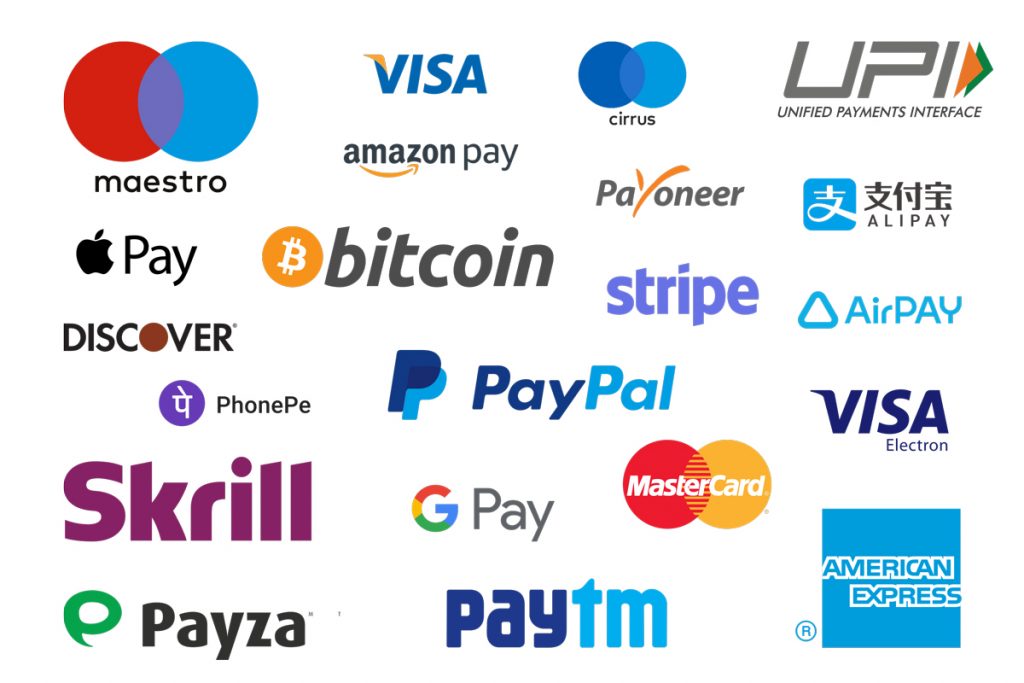Banks and Fintech have begun to work together in a way that benefits both parties. Banks are looking for new ways to grow their customer bases, while fintech are looking for new customers. They find themselves in an arms race, working with each other to create more innovative products and services while also competing against one another. This is a good thing because it means innovation will continue at a faster rate than if they were focused on competing with each other exclusively.
Are the banks and fintech going to be good friends or enemies? That’s a question that’s been asked for the past 5 years, but it has just become more pressing. Banks have been pouring money into tech startups, while at the same time being very protective of their customer information. Fintechs’ growth is outpacing traditional banking in many areas such as mobile payments, lending, and deposits. It seems like these two groups will always be battling over territory – so a question remains: who will win?
This blog post will explore the history of this relationship, the current state of affairs between banks and fintech today, as well as what we might see from this partnership going forward. Read our case study about how to create a Digital Bank.

What are Fintechs and banks?
Fintechs are financial institutions that are entering the market with disruptive business models. Banks are institutions which are providing banking services to customers. Fintechs are not banks. They do not have the licenses to open current accounts, so they cannot act as a bank. But fintechs can act as financial companies in some cases and provide some banking services on a more limited scale while developing their own products and expanding their market share.

Why do Fintechs and banks cooperate with each other?
Fintechs cooperate with banks in order to offer the customers everything they might need, like financial products and services. For example, if a bank is associated with one fintech company, the customer can access a variety of offers from them by using a single account. A customer can also make a transaction on the go and enjoy special deals.
In recent years there has been a surge in the number of financial institutions, aka banks, starting to partner up with Fintechs. As a result, a large percentage of all financial services operations are now being outsourced to the Fintech industry. While it may seem like a cost-effective solution for banks to outsource their services, the reality is that these partnerships are actually hurting both parties.

What is a digital disruption in banking?
Basically, the Digital disruption is an event in which new technology or innovation disrupts the existing business model. An example of digital disruption in the banking industry is when mobile banking becomes more popular than going to a bank branch. Mobile banking causes disruption because it reduces the number of people needed to run a branch and leads to higher profits. However, it also leads to lower customer engagement because customers may not be able to find a branch very close by and have to go online instead.
Digital disruption is not only limited to banks, but it affects people’s access to banking services. In many countries, particularly those in the developing world, most of the population will have no access to banks and banking services.

How Can the Banking Industry Respond to the Threat of Disruption?
The banking industry faces the historic danger of disruption by “disruptors” like Fintech (technologies that provide financial services without traditional banks).
The largest trend for this potential game-changer is the removal of physical branches, either through automation or consolidation. Branches create customer overhead and expenses, including maintenance costs and labor expenses for personnel to serve customers at the branch. Neither is sustainable in future economic models supported by fast-evolving technologies that could eliminate both over time. Banks can likewise become more efficient with reduced distribution networks that now reach remote locations via mobile banking platforms.

Which is the best strategy for Fintechs and banks?
Fintechs and banks are both in competition for the customer’s attention, time, and disposable income. This is because they are both in the financial services business. Strategies can include forming partnerships, raising capital, diversifying through acquisitions, looking for synergies with other businesses or products, or developing new innovative products that disrupt old incumbents.
The best strategy for banks is to maintain their own branches and integrate Fintechs. The best strategy for Fintechs is to develop their own product and expand the market share. There is no best strategy for both of them.
What are the challenges in Fintech?
The Fintech industry is growing. But, there are still challenges that this industry needs to overcome. These challenges include:
- A new and different culture. Financial institutions that work in the financial industry will also need to adapt to Fintech because it is a different culture with a different set of ideas and values.
- The lack of an established track record means there is no way to measure how competitive or profitable fintechs will be in the future. This leaves banks vulnerable to take risks on an uncertain investment.
- As competition in the industry increases, financial institutions may experience pressure from both customers and the government to reduce prices.
- Disruption in industry can mean job losses in finance and banking companies, which would result in less jobs in the area and could affect the economy.
- Banks and financial institutions may lose their influence in society as Fintech grows to become a major player in finance due to its ease of use and convenience.
- Not all financial products will easily transfer over from traditional banking, which means that there might be gaps in services between banks and fintechs until both sides adapt.
- Operating in different ways means that fintechs and banks will have to learn new legal issues that they were not aware of before, which can be difficult for some. This is because compliance requirements are now more stringent than they once were.
The benefits of banks and Fintech working together?
Banks have access to new markets
Fintechs are giving banks the opportunities of new technologies, which allows them to have access to different countries that they did not have before. This opens up so many more options for them when it comes to financial transactions and security of these transactions.
Access to high-end tech
These technologies make financial transactions more secure and banks do not have to spend as much money maintaining these high-end tools. The technology itself is also more cost efficient because it keeps track of all transactions for banks at a very low price, if anything.
The cost of this technology is cheaper for banks
This allows them to utilize their resources for other things rather than maintaining their own systems. The cost of all these technologies combined is much cheaper than getting a team to manage and maintain it.
Competition with other financial institutions is easier when Fintech are on the team
Having this technology teams up with banks will help keep them competitive with other financial institutions because they can fall back on the Fintech technology if their systems go down. This technology allows banks to be more flexible and security, which in turn makes it easier for them to stay competitive in the market.
Banks have access to new markets, access to high-end tech and this technology is cheaper for banks and competition with other institutions is easier when Fintech are on the team.
Less expensive process
Having this technology team up with banks will help keep them competitive with other financial institutions because they can fall back on the Fintech technology if their systems go down. This technology allows banks to be more flexible and secure, which in turn makes it easier for them to stay competitive in the market.
Check our Case Studies on creating a Digital Bank.

How to ensure a healthy relationship between banks and Fintech?
The easiest way to ensure a healthy relationship between banks and fintech is for them to realize that they are two different entities. The banks need to concentrate on what they do best, which is the lending part, and fintechs need to concentrate on what they do best, which is the technology side. Fintechs can help banks by making information available quickly so that decisions can be made faster or less input from humans would be needed. The phone example shows how fintechs can help banks meet their clients’ expectations.
In the future, Fintechs and banks should be in a partnership rather than a customer-tends one. Both need to learn from each other’s experiences and make a profit together instead of earning from customers alone.
Conclusion:
Fintech is the future of finance, but banks and fintechs need to learn how to work together. Banks have access to new markets, access to high-end tech and this technology is cheaper for banks and competition with other institutions is easier when Fintech are on the team. However, they also need to remember that they’re two different entities – one handles lending while the other provides security through technology. One way that both can benefit from each other’s expertise would be by having bank customers use apps instead of waiting in line or talking over phone lines; this will allow them more time available so there can be quicker decision making processes or less input needed from humans themselves.
If you want to create your own Digital Bank, we have a ready solution. To know more schedule a free consultation with our expert +44 2 071 013 530 or write to anna@fortyseven47.com



